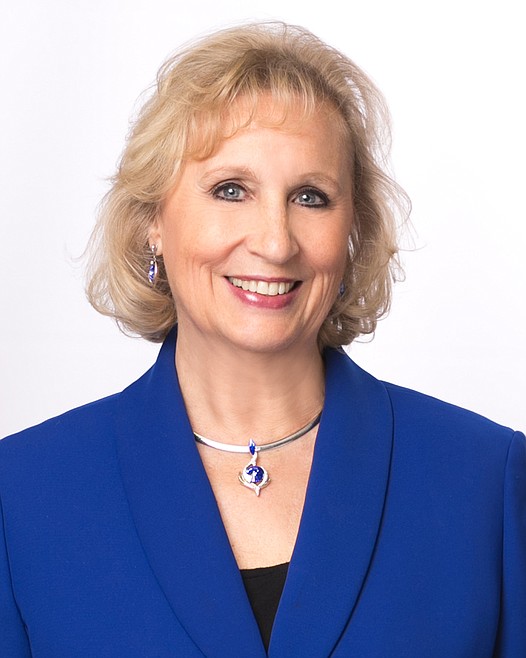ADVERTISING: Advertorial — Blood sugar balancing act
Blood sugar imbalances have been linked to a variety of health challenges such as obesity, cardiovascular disease, loss of vision, cancer, suppressed immunity, brain and tissue health, and others. Managing blood sugar is a balancing act, and is a really big deal if you want to be healthy. Understanding the tools at your disposal can be valuable in achieving balanced blood sugar.
In this article, I’m not going to discuss how or when to take your diabetes medicine. That has been defined by your health care professional. But I will cover things you can do to help stabilize and lower it. First of all, there are some triggers that you may not be aware of: sleep, for instance, affects blood sugar, and blood sugar levels affect sleep.
While sleeping, your blood sugar naturally elevates around 4-8 a.m. The brain needs a lot of glucose in this time. In a healthy individual, your muscle, fat and liver cells absorb the excess glucose, keeping things stable. Likewise, in several studies it was found that if a person gets less than 6 hours of sleep per night, they were twice as likely to have insulin resistance.
Caffeine also has a detrimental effect on blood sugar. Caffeine lowers insulin sensitivity and alters some hormonal outputs. It raises your stress hormones and blocks another hormone, adenosine, which controls how much insulin is made, and controls how your cells respond to it. Because caffeine can also affect your sleep, caffeine also changes blood sugar stability at this level (see above paragraph).
Artificial sweeteners, also known as “non-nutritive sweeteners (NNS)” have significant impact on both insulin and glycemic responses in the blood according to Sept 2013 Diabetes Care journal of the American Diabetic Association. Usually consumed with the hope of stabilizing blood sugar, it turns out it is no better, and some sources believe it is worse, than real sugar.
Gum health also has been found to be associated with blood sugar instability. Poor oral health, as with most infections, can cause blood sugar to rise, making blood sugar harder to control. Likewise, the more you eat sugar, the more likely you are to have gum disease.
Out of all the ways to bring balance to your blood sugar, the best I have found lies in 3 nutrients: protein, fiber and fat. Protein, fiber and fat slow down the rate sugar enters the blood stream, helping to mitigate the rush of insulin and cortisol that occurs with carbohydrates in the diet. The more of these in each meal, the slower the rate. Although this occurs with any quality of these ingredients, it is better and more effective if they are healthy proteins, healthy fats, and complex fiber.
If your goal is to have healthier blood sugar balance, learn more by attending tonight’s health class, "Conquering Sugar Cravings & Sugar Diseases," 7:30 p.m. Wednesday, Oct. 27 at Vital Health in Coeur d'Alene. Fee: $10. Attend in-person or online via Zoom. To register, call 208-765-1994 or go to vitalhealthcda.com/health-classes/
• • •
Holly Carling is a Doctor of Oriental Medicine, Licensed Acupuncturist, Doctor of Naturopathy, Clinical Nutritionist and Master Herbologist with over four decades of experience. Carling is a “Health Detective.” She looks beyond your symptom picture and investigates WHY you are experiencing your symptoms in the first place.
Carling is currently accepting new patients and offers natural health care services and whole food nutritional supplements in her Coeur d’Alene clinic. Visit Carling’s website at www.vitalhealthcda.com to learn more about Carling, view a list of upcoming health classes and read other informative articles.
Carling can be reached at 208-765-1994 and would be happy to answer any questions regarding this topic.

